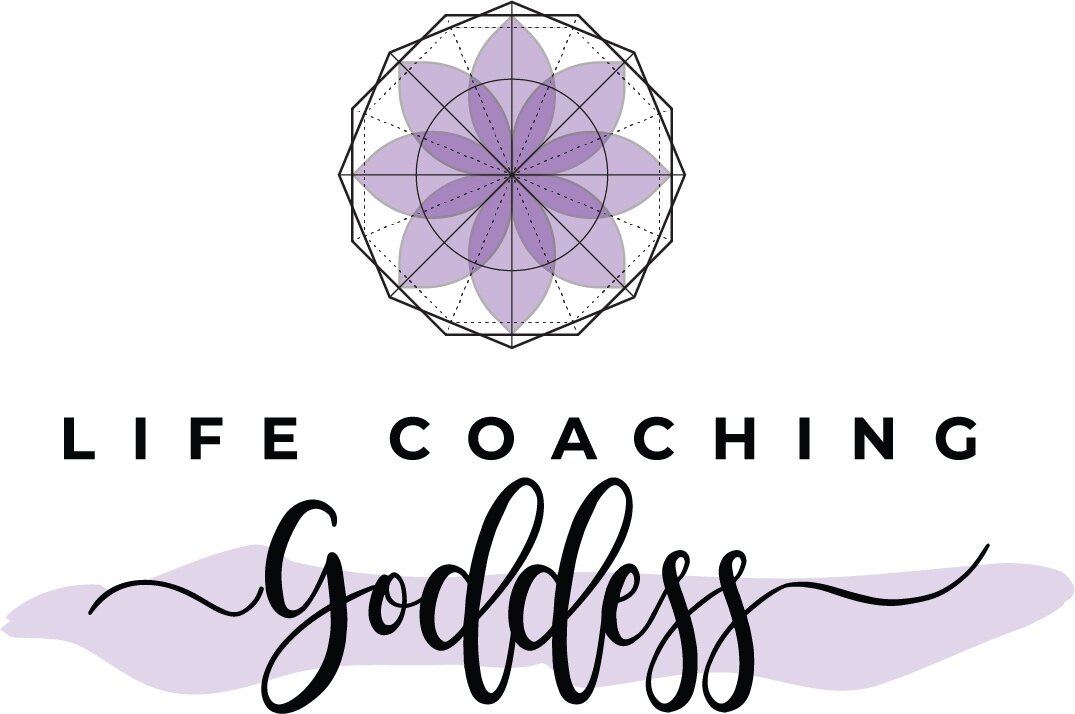Do I Have A Narcissistic Parent?
This article is meant to help you understand yourself with more awareness, this is not meant for you to point out to the Narcissistic parent that they are indeed a narcissist. First, they will not be able to accept such truth, because the narcissist is never aware or accountable of how their actions effect others. Second, the narcissistic parent will become defensive and enraged, and it will only end up effecting you more than them. This is meant for your own awareness of why you may be feeling like your relationship with your parent has never felt safe, loving, or accepting. It can be the reason why you struggle with this person, and not really understand why.
In pinpointing the signs that you may have grown up with a narcissistic parent can help you better understand why you act the way you do, have self-compassion, and form more secure relationships going forward.
Because narcissism revolves around a self-entitled need for constant admiration, the narcissistic parent has a hard time seeing their child as having needs or emotions that deserve attention, or as having worth beyond serving as a tool for their own validation.
5 behavioral signs that you grew up with a narcissistic parent
You people please to a fault, and are constantly in the caretaker role
The relationship that first defined love for this person was transactional—they could earn their parent’s love by doing certain things for them or achieving certain successes—so they’ve internalized love as conditional and may seek out partnerships that also require them to meet certain rigid conditions. We often end up choosing situations that are familiar to us and end up re-creating a similar dynamic, which means taking care of another’s needs is familiar so we accept that as our truth.
You regularly doubt yourself and your reality
In failing to give credence to their kid’s emotions, a narcissistic parent also often dismisses their child’s very understanding of reality. They might have told you that certain things that happened didn’t actually happen, and make you doubt your own remembering of how things happened. Over time, these kinds of experiences can diminish the ‘sense of self’ that you bring to adulthood, and leave you questioning yourself and your own perceptions.
You’re often on the hunt for external validation
A child of a narcissist learns at a young age that their own worth is tied up in how much they can satisfy others. So, later in life, they could find themselves dead-set on receiving validation from others that they’re, in fact, serving them in some positive way.
Children of narcissists can often ‘hear’ their parent’s overly critical voice in their head, like a recording that won’t turn off. Every failure that your parent made you feel, will have you hunting from validation from someone to rectify what you didn’t get from that parent.
You dismiss, or hide your feelings or emotions
A child of a narcissist routinely has their feelings dismissed, so it only makes sense that over time, they’d come to believe that their own needs must be unimportant. This is one of the largest signs that you may have been raised by a narcissistic parent, because on some level you believe your needs don’t matter and you ignore your needs or you must come last. Or you may struggle with putting your feelings into words, or even knowing how you feel. OR you hide your feelings from your partner, or friend because you feel you need to. This is a learned habit from when you were vulnerable with a narcissistic parent, you were ridiculed or ignored when speaking your truth, so now you avoid it as much as possible.
You have difficulty trusting others
Lack of trust is because you are are afraid to be or feel vulnerable, because that parent never made that feel like a safe space. So, the minute a partner or friend feels unsafe to be real or authentic, you close the door to trusting them. Putting up a wall is a way of self protection, that is a learned habit from being raised by a narcissistic parent.
Learning about narcissism in parent-child relationships can also help you form connections between things that currently set you off (like a critical remark) or roadblock your relationships (like an inability to be vulnerable).
An important part of self development is seeing where you are limiting yourself from authentic connection and how that may stem from your childhood, and quite possible being raised by a toxic parent that is unaware of how they effected you later in life.
I hope this has been some helpful insight, and please share with someone who you believe will benefit from this.
As always thank you for being here with me,


